Britain & Ireland
What was it about industrialisation that led to the emergence of a woman’s movement in Victorian Britain? Why do we see so many people fighting for so many rights and liberties in this period and what are the origins of some of the issues we still campaign on today? This section includes our major series on Social and Political Change in the UK from 1800 to the present day. There are also articles and podcasts on the often violent relationship between England and Ireland during this period and England’s changing relationship with Scotland and Wales. Read more
Sort by:
Date (Newest first) | Title A-Z
Show:
All |
Articles |
Podcasts |
Multipage Articles
-

David Cannadine Interview about his book: The Right Kind of History
Multipage ArticleClick to view -
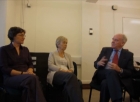
The Right Kind of History. An Interview with Nicola Sheldon, Jenny Keating and John Hamer
Multipage ArticleClick to view -

The Coming of War in 1939
ArticleClick to view -
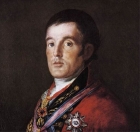
The Undergrowth of History
ArticleClick to view -

The Irish in Britain 1815-1914
ArticleClick to view -
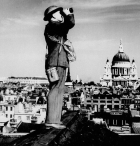
The mechanical heroes of the Battle of Britain
ArticleClick to view -
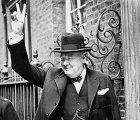
The Tale of Two Winstons
ArticleClick to view -

An Intimate History of Your Home - Lucy Worsley
ArticleClick to view -
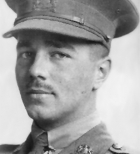
Oxford's Literary War: Oxford University's servicemen and the Great War
ArticleClick to view -
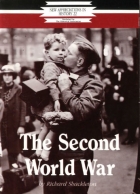
The Second World War
ArticleClick to view -
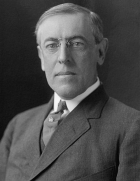
The British Government's Confidential Files on the United States
ArticleClick to view -

Smithfield's Bartholomew Fair
ArticleClick to view -
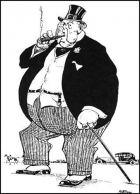
The British General Strike 1926
ArticleClick to view -
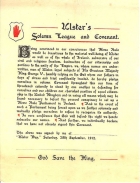
Irish Unionism 1885-1922
ArticleClick to view -

Pleasure Piers: a sign of Victorian exuberance
ArticleClick to view -
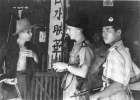
Imperialism resurgent: European attempts to 'recolonise' South East Asia after 1945
ArticleClick to view -
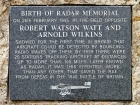
Arnold Wilkins: Pioneer of British Radar
ArticleClick to view -

The price of reform: the people's budget and the present trauma
ArticleClick to view -

Remembering Neville Chamberlain
ArticleClick to view -

The Advent of Decimalisation in Britain: 1971
ArticleClick to view

